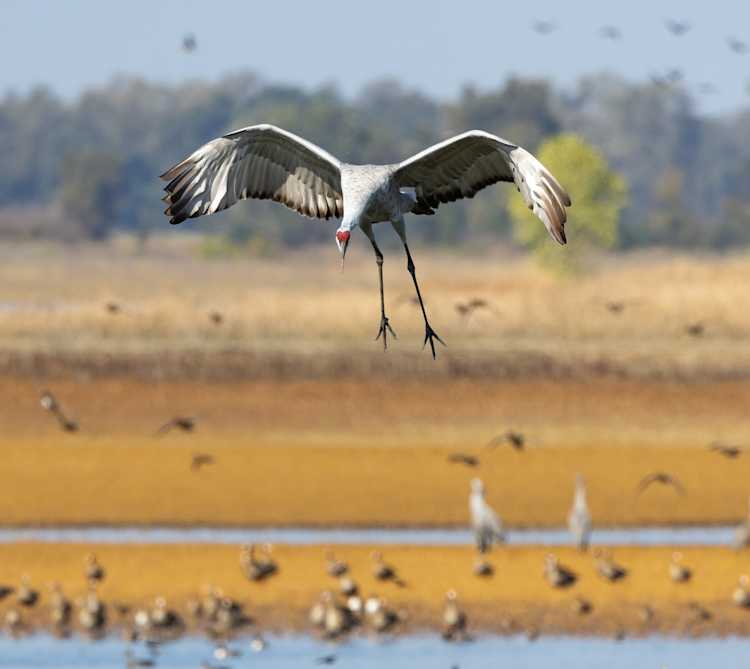Waterfowl Population 2023: A Deeper Dive into Conservation with Mallard Bay
Anna Richardson
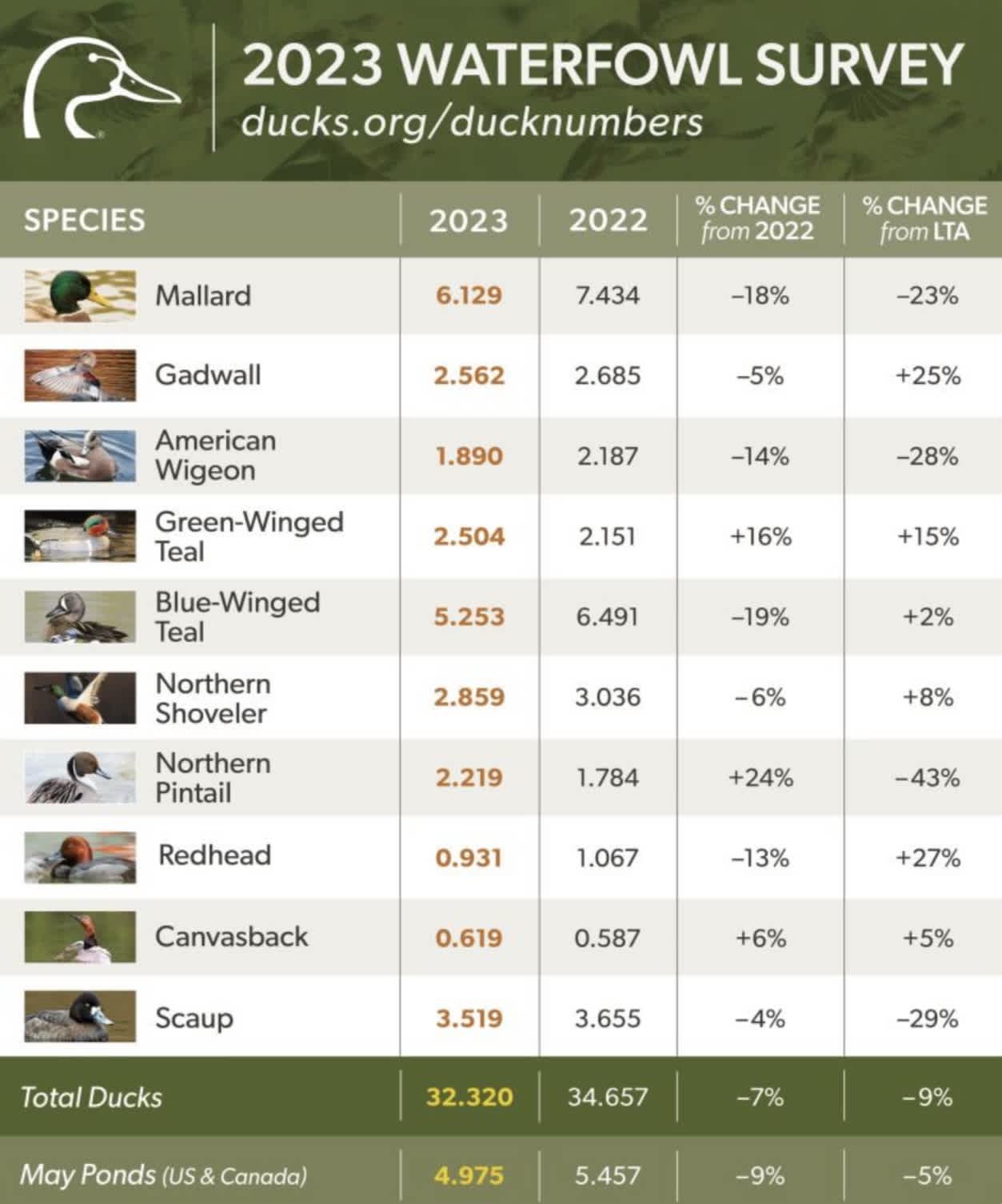
Waterfowl conservation is more than a passion—it’s a necessity that drives our collective efforts at Mallard Bay. That's why the recent 2023 Waterfowl Population Status report released by the U.S. Fish and Wildlife Service, Canadian Wildlife Service, and other partners is a vital piece of information that requires our attention.
Understanding the Population Status
The report indicates that the total populations were estimated at 32.3 million breeding ducks in the traditional survey area, a 7% drop from 2022’s estimate of 34.7 million, and 9% below the long-term average. This decrease is undoubtedly a concerning aspect that amplifies the need for sustained investments in conservation.Dr. Steve Adair, DU Chief Scientist, expressed his disappointment but also shed light on the complex relationship between waterfowl, weather, and habitat availability. Weather conditions, including April snowstorms and May rains, likely impacted the overall production.
Key Findings and Mallard Bay's Perspective
Healthy Populations, But Concerns Remain: Most species remain healthy and near long-term averages, indicating a respectable flight for waterfowl enthusiasts. However, a decline in Mallard and American wigeon populations—18% and 14% from 2022, respectively—is a concern that cannot be overlooked. These declines emphasize the necessity for strategic investments in conservation and monitoring.A Bright Spot with Pintails: The population estimates for pintails increased by 24%, providing some optimism amidst concerns. Yet, continuing drought in western Canadian prairie provinces still limits production for ducks.
The Need for Subsequent Surveys: The survey also highlights the requirement for further studies to understand how well duck populations are recovering from the severe drought of 2020 – 2021.
No Significant Impact from HPAI Outbreak: The 2022 HPAI outbreak does not appear to significantly impact duck populations, another reassuring aspect.
A Historical Perspective
The Waterfowl Breeding Population and Habitat Survey, initiated in 1947, now guides hunting regulations and provides vital information for researching waterfowl and their habitats.Data from this survey has fueled conservation planning and is eagerly awaited by waterfowlers, scientists, and bird enthusiasts. This year, Ducks Unlimited joined the U.S. Fish and Wildlife Service in the breeding grounds, showcasing the process on DU Nation.
Looking Forward with Mallard Bay
What these numbers emphasize is the continuous need for wetlands conservation. Ducks Unlimited CEO Adam Putnam reiterates, "Lower than expected numbers in this year's survey reinforce the need for wetlands conservation."At Mallard Bay, we echo this sentiment. As a company that cares and supports conservation efforts across the country, we're committed to playing an active role in sustaining waterfowl habitats.
Farmers and private landowners, working with voluntary incentive-based programs in the U.S. Farm Bill, can produce healthier wetlands and grasslands. Mallard Bay is proud to be a part of this united effort.
Conclusion: Join Us in Conservation at Mallard Bay
The recent survey paints a vivid picture, one filled with challenges and hope. It's a call for all of us to band together, to strive for sustainable conservation, and to ensure the well-being of the waterfowl that grace our lands.Mallard Bay invites you to be part of this noble effort. Book waterfowl hunts with us and step into the fascinating world of conservation. Together, we hunt, we learn, and we conserve.
Book your experience with Mallard Bay today and become a part of a legacy that celebrates nature's bounty.
More
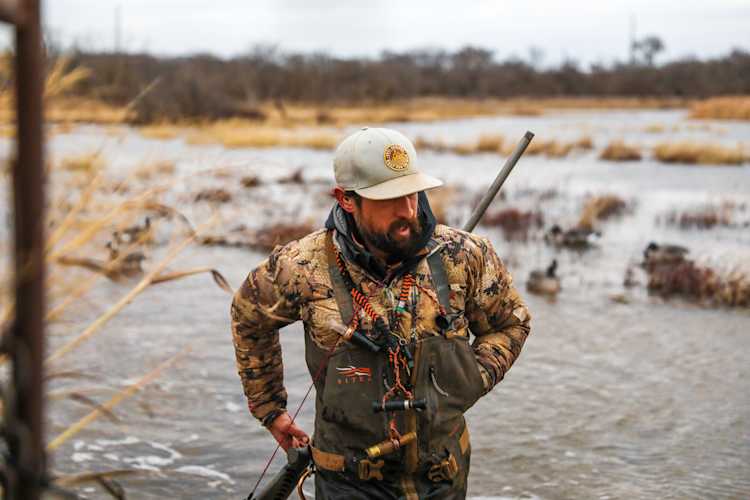
Layering for Comfort: What to Wear While Hunting Waterfowl in Fall
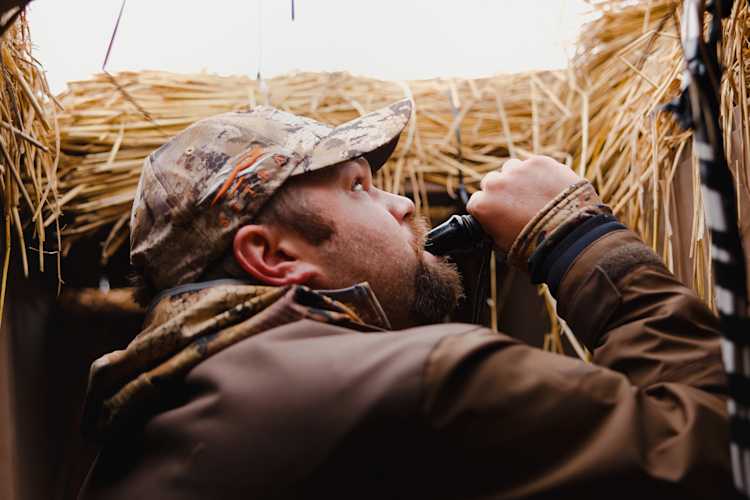
The Art of Calling: Tips and Techniques for Successful Waterfowl Calls
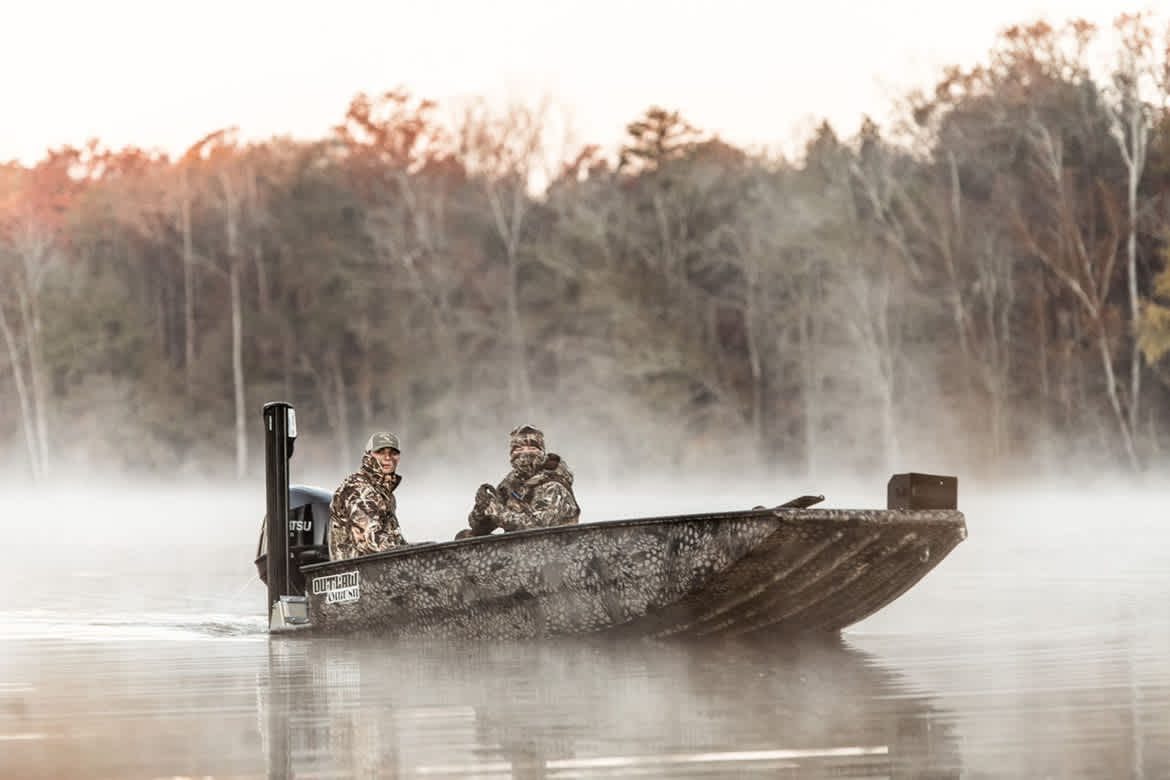
Client Experience in the Field: Best Practices for Waterfowl Outfitters
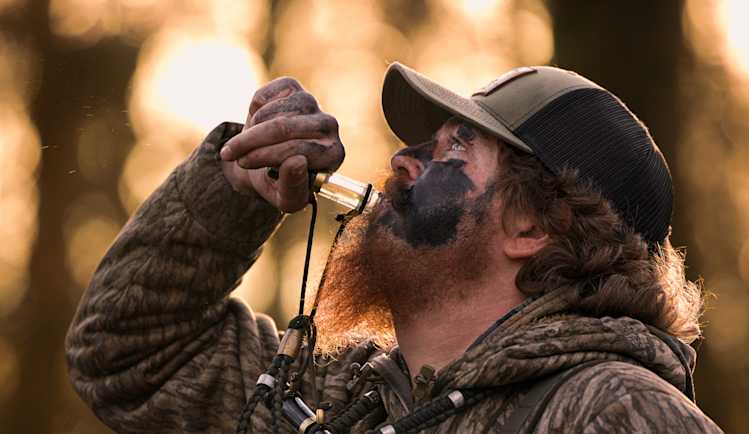
Decoy Strategies for Fall Waterfowl Hunting: What Works Best for Each Species
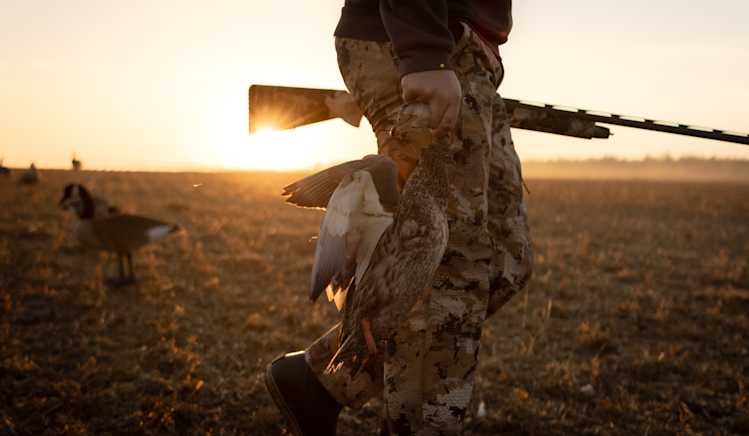
The Ultimate Guide to Fall Waterfowl Hunting: Key Tips, Techniques, and Best Practices
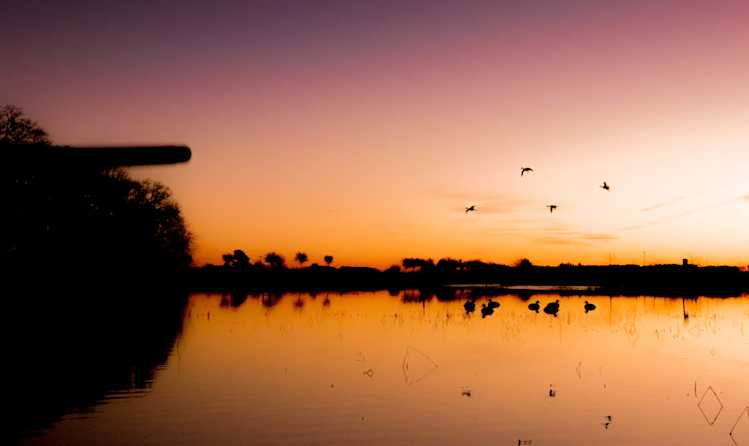
Top 10 States for Amazing Waterfowl Hunting in November: Find Your Perfect Spot

Peak Season Success: Essential Strategies for Waterfowl Outfitters to Maximize Business

The Art and Science of Duck Banding: A Conservation Odyssey with Mallard Bay
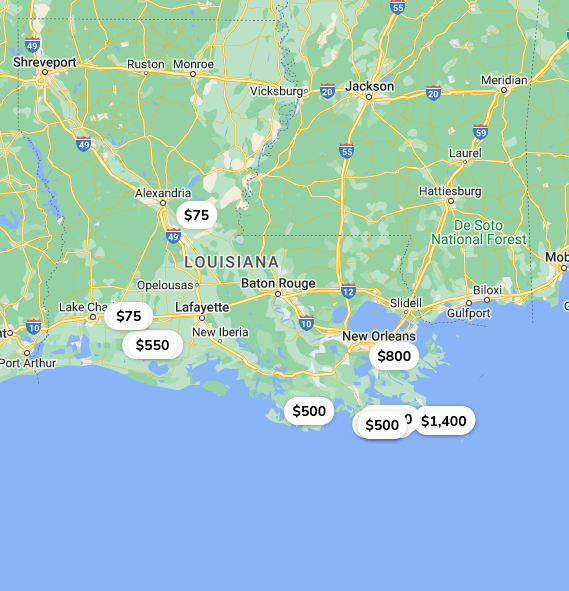
How To Book a Hunting Trip

Axis Jerky Tacos
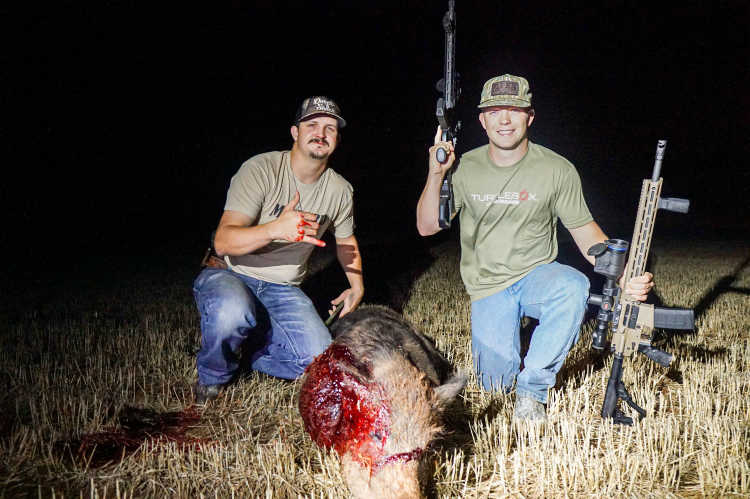
Experience Thermal Hog Hunting with Dirty Texas Outfitters

6 Tips on Planning a Guided Hunting Trip

Bourbon Spatchcock Turkey
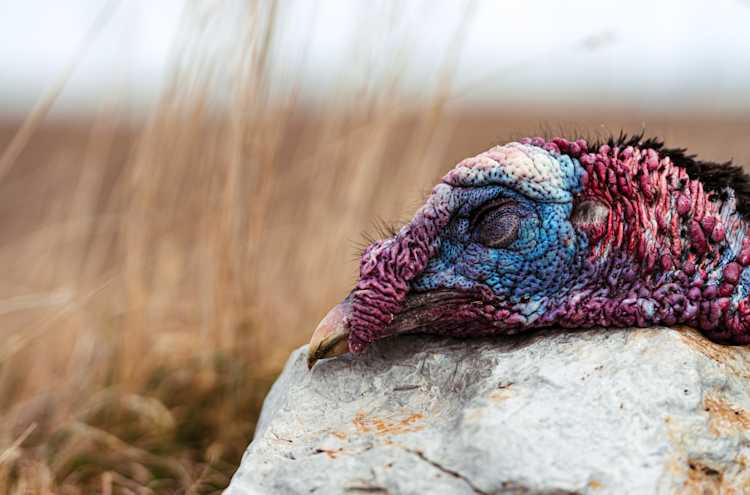
Turkey Calling Tips
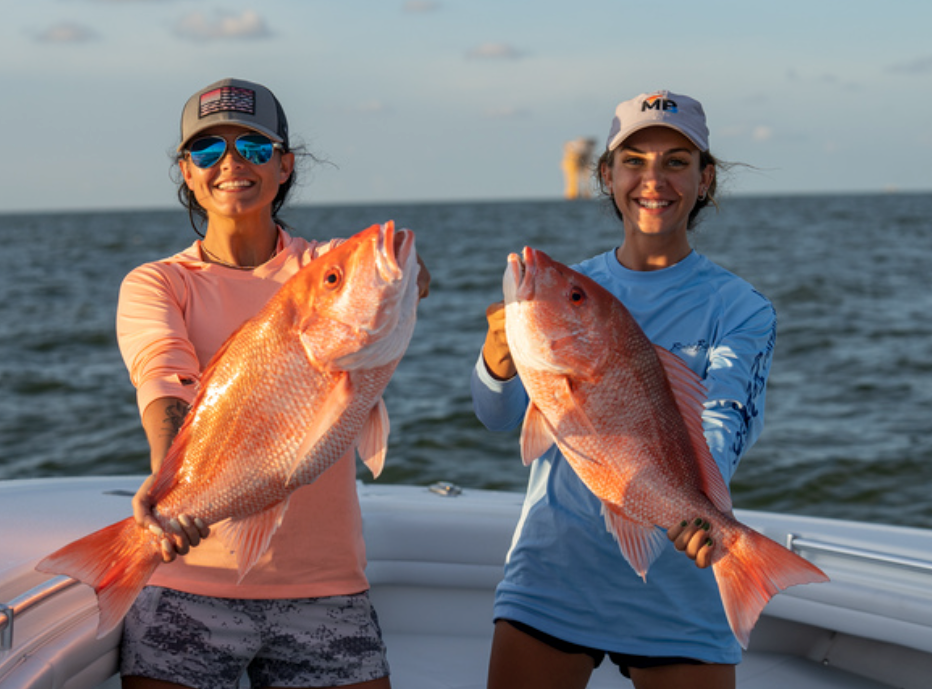
Louisiana Sportfishing - An Angler’s Paradise 2023
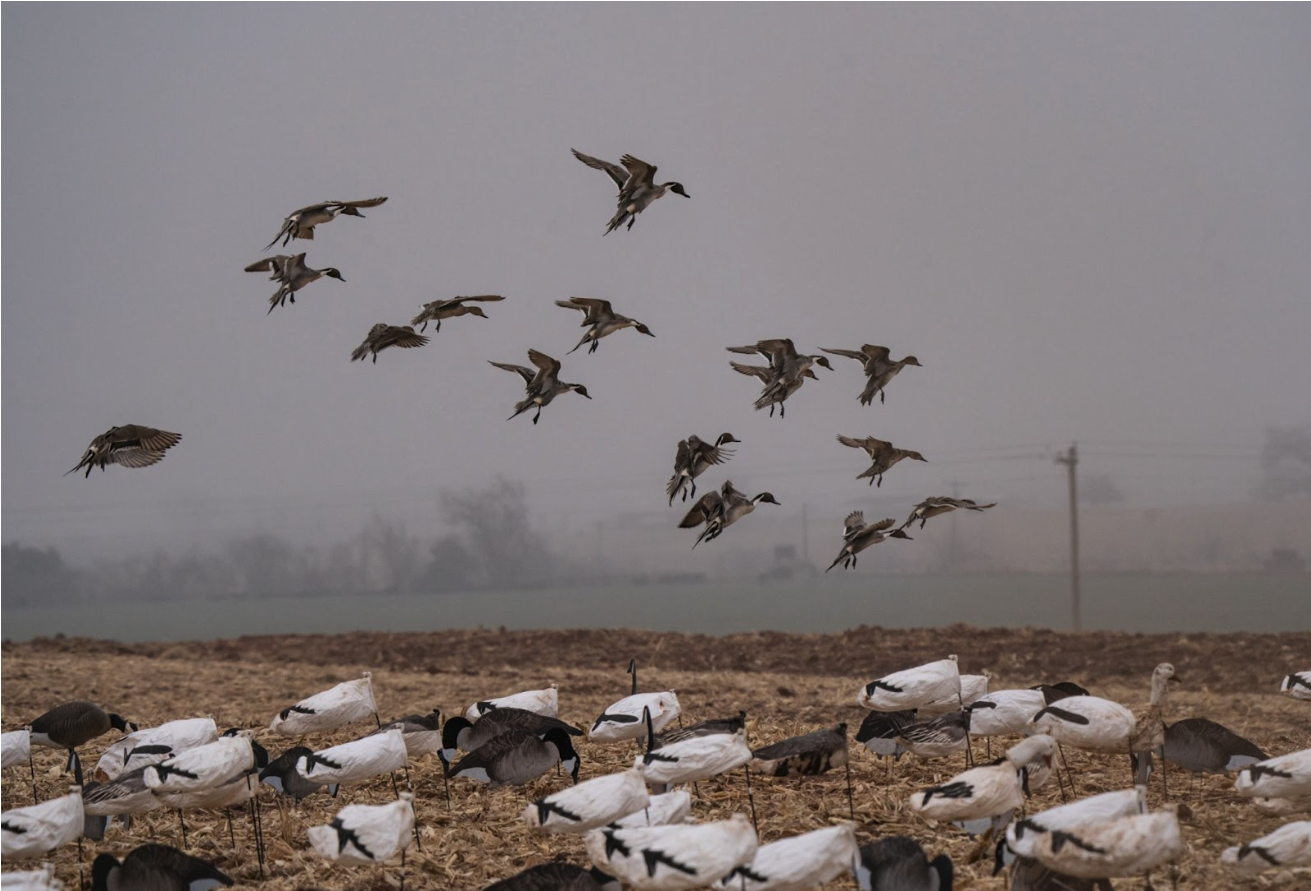
Waterfowl Hunting in Canada: What American Hunters Need to Know
Where to find Guided Sandhill Crane Hunts

Revolutionize Your Outdoor Business with Mallard Bay's GuideTech Software

Lodge Management - Enhance the Experience
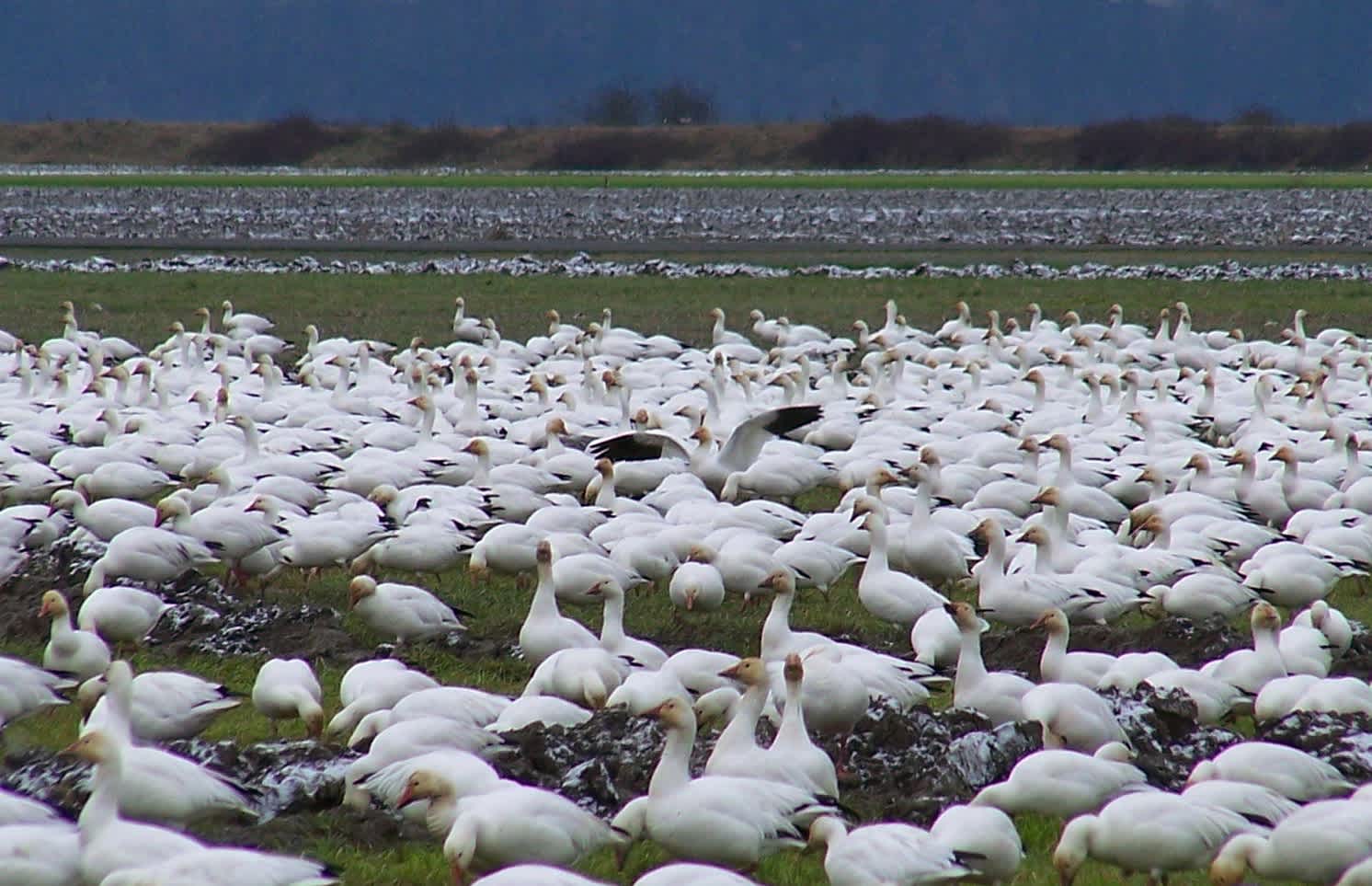
Snow Goose Pastrami Recipe
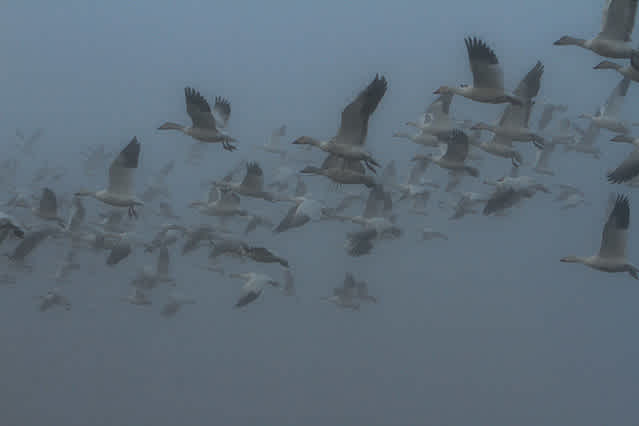
Snow Goose Chili
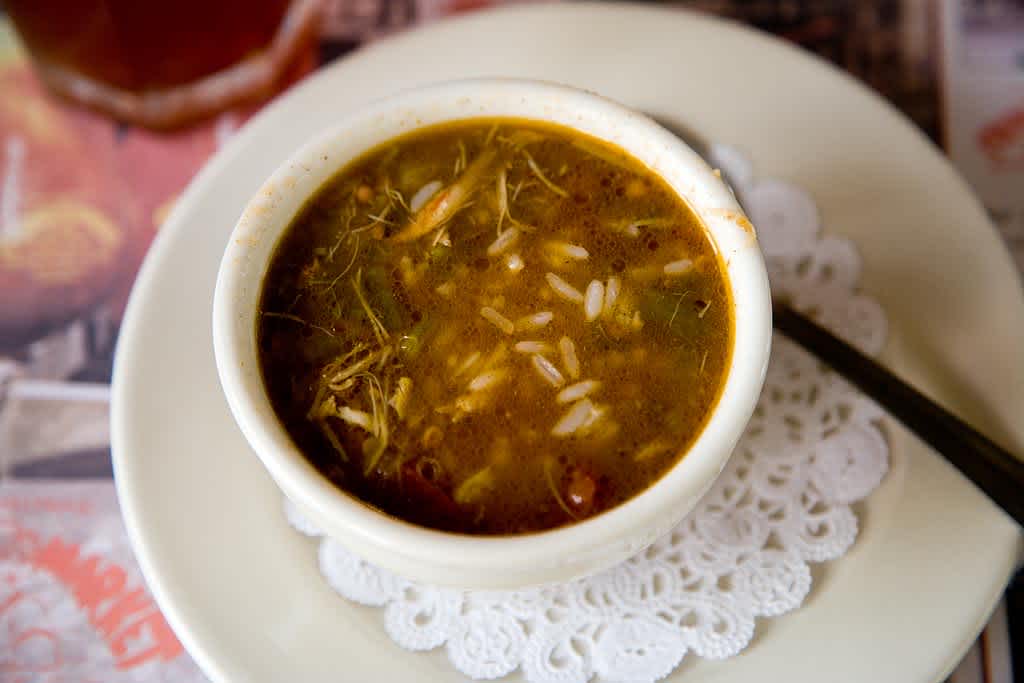
Snow Goose Gumbo Recipe - A Cajun Tradition
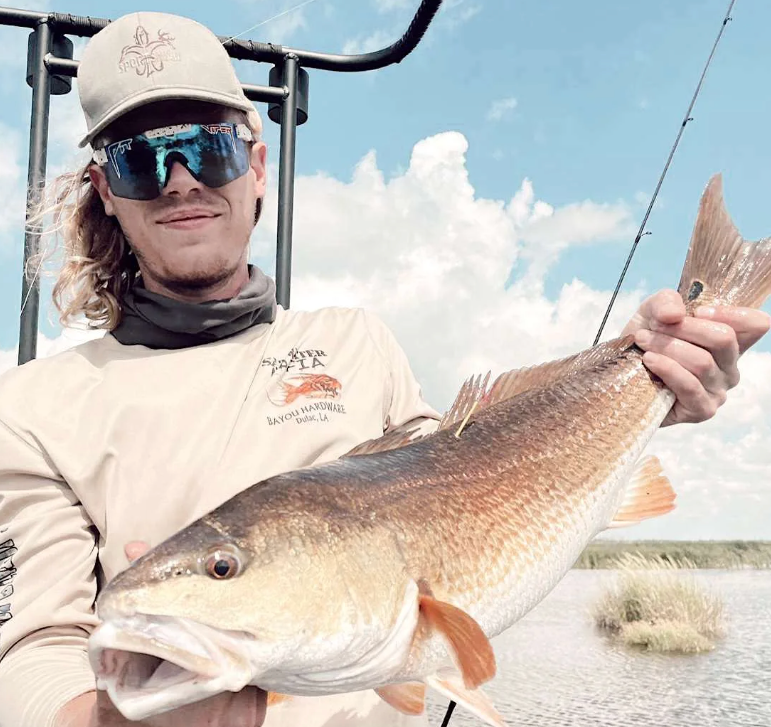
Sight Fishing Louisiana
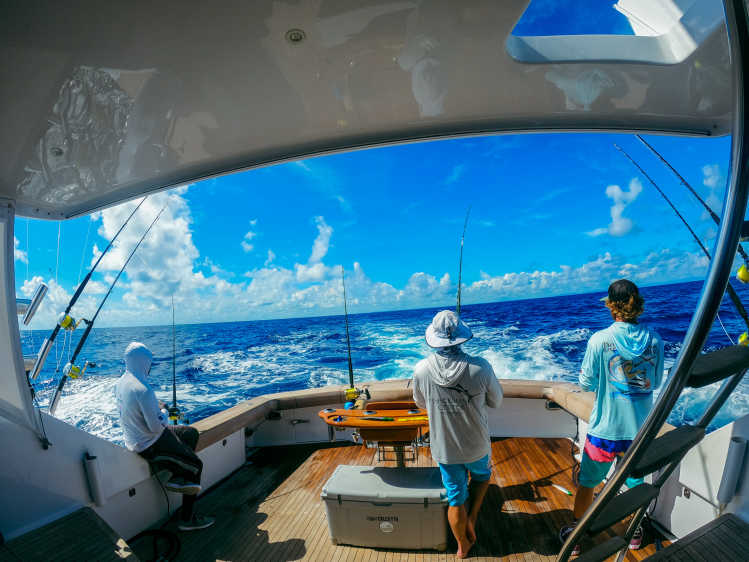
How to find the right Texas Guided Fishing Charters
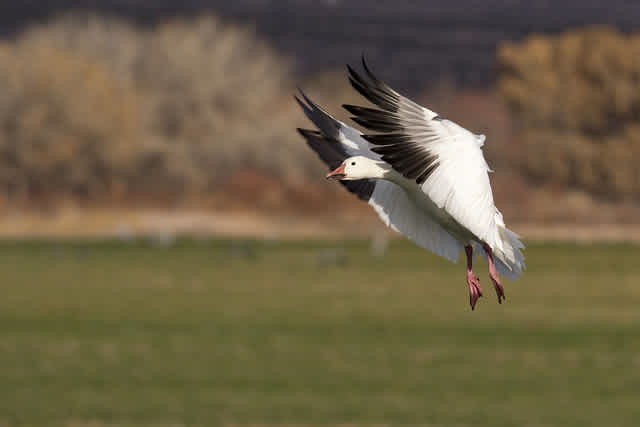
Steak House Snow Goose Recipe
